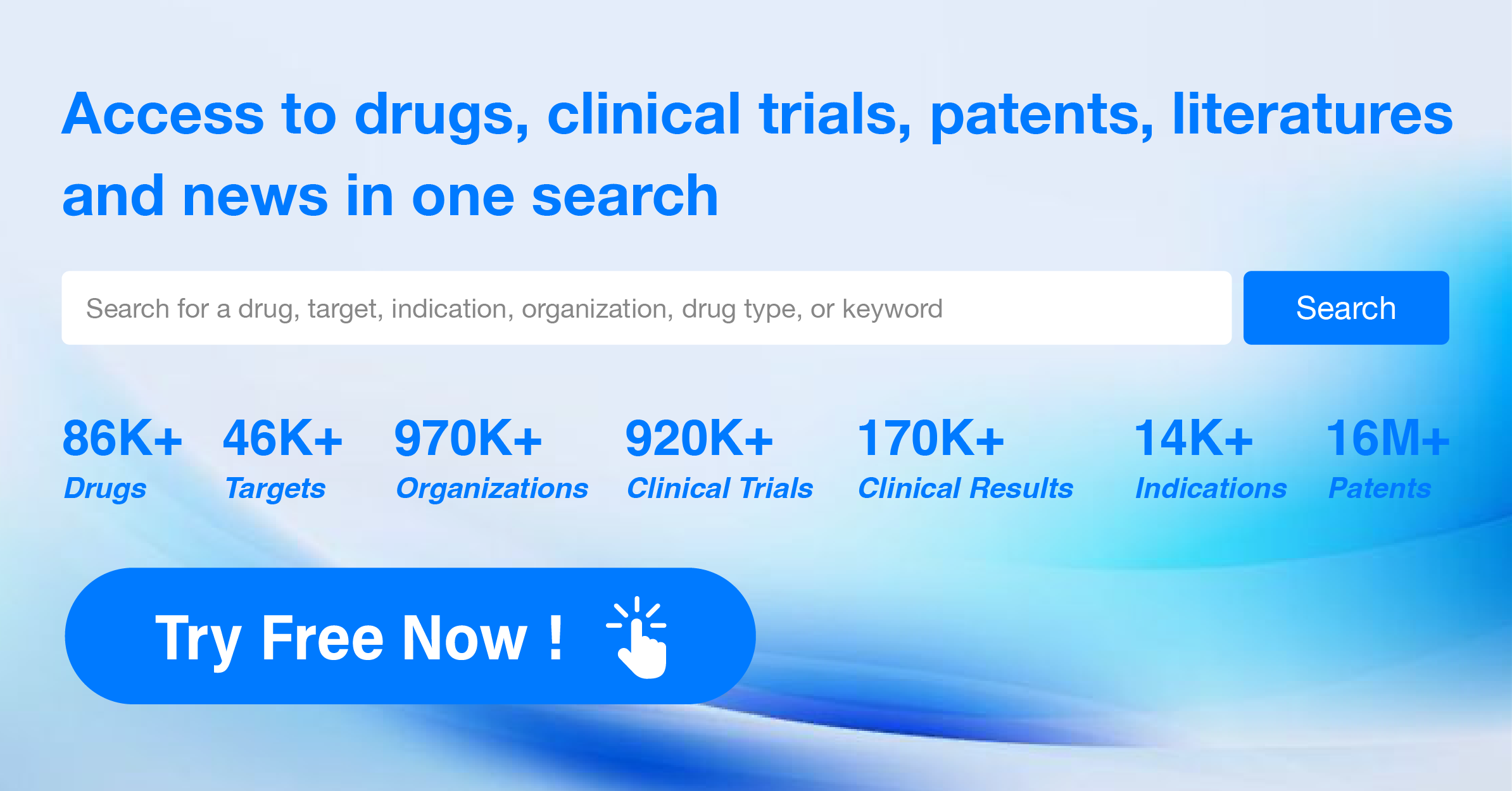VRON-0200 Phase 1B Data Show Promise for Chronic Hepatitis B Functional Cure at 2024 APASL
The preliminary safety findings from a Phase 1B clinical trial involving VRON-0200, a groundbreaking immunotherapy for chronic hepatitis B (HBV), were recently highlighted. The trial, which included the first 10 patients with chronic HBV and spanned 674 days of treatment, showed that VRON-0200 was well-tolerated. There were no serious adverse events, with only one minor adverse event reported, which was flu-like symptoms that self-resolved. The treatment did not cause any clinically significant changes in lab tests, ECGs, or vital signs. Further immunological evaluations are in progress, with results anticipated for a future conference.
Virion Therapeutics, a biotech firm specializing in T cell-based immunotherapies, announced these results. The data were presented by Professor Grace Wong, M.D., from the Chinese University of Hong Kong, at the 33rd APASL Annual Meeting in Kyoto, Japan. The Phase 1B study involved patients undergoing nucleos(t)ide antiviral therapy for HBV, who were given a single, low dose of VRON-0200 via intramuscular injection. The treatment's safety profile was favorable, with no significant adverse events or abnormalities in clinical tests.
Professor Wong emphasized the critical need for a safe and effective treatment for the nearly 300 million people living with chronic HBV, noting the potential of VRON-0200 based on the initial data. Dr. Sue Currie, COO of Virion and a study author, discussed the importance of an immune-based approach to treating chronic HBV and the advantages of VRON-0200 over current treatments, such as pegylated interferon, which has a high rate of adverse effects. She expressed anticipation for forthcoming data on the treatment's safety and immunogenicity.
Dr. Chirinjeev Kathuria, co-founder and Executive Chairman of Ocean Biomedical, congratulated Virion on the clinical data and the simplicity and safety of administering VRON-0200 to patients with chronic HBV.
The clinical trial for VRON-0200 is a Phase 1B, multi-center, open-label study designed to assess the safety, tolerability, and immunological effects of the treatment. It includes two cohorts, with patients receiving either a low or high dose of VRON-0200, and participants are randomized to receive the vaccine as a prime only or prime plus boost regimen. More information on the study is available at ClinicalTrials.gov under the identifier NCT06070051.
Chronic HBV is a significant global health challenge, affecting an estimated 296 million people worldwide and resulting in 820,000 annual deaths from liver complications. In China alone, nearly 100 million individuals are impacted. Currently, there is no cure, and the standard treatment involves lifelong antiviral therapy.
VRON-0200 is an intramuscularly administered therapeutic immunotherapy intended to provide a functional cure for chronic HBV. The treatment aims to enhance the response of HBV-specific CD8+ T cells, which can become exhausted in patients unable to clear the initial infection. Preclinical data suggest that VRON-0200 can improve viral control by amplifying and broadening T cell responses, including those not typically activated in chronic HBV infections.
Virion Therapeutics, founded in 2018, is focused on developing innovative T cell-based immunotherapies for cancer and chronic infectious diseases. The company utilizes proprietary checkpoint modifiers to boost CD8+ T cell responses. In addition to the VRON-0200 program for HBV, Virion has several other programs in development, including the VRON-0300 oncology program for solid tumors. In 2023, Virion entered a joint venture with Ocean Biomedical to expand its pipeline of novel immunotherapies.
How to obtain the latest research advancements in the field of biopharmaceuticals?
In the Synapse database, you can keep abreast of the latest research and development advances in drugs, targets, indications, organizations, etc., anywhere and anytime, on a daily or weekly basis. Click on the image below to embark on a brand new journey of drug discovery!




